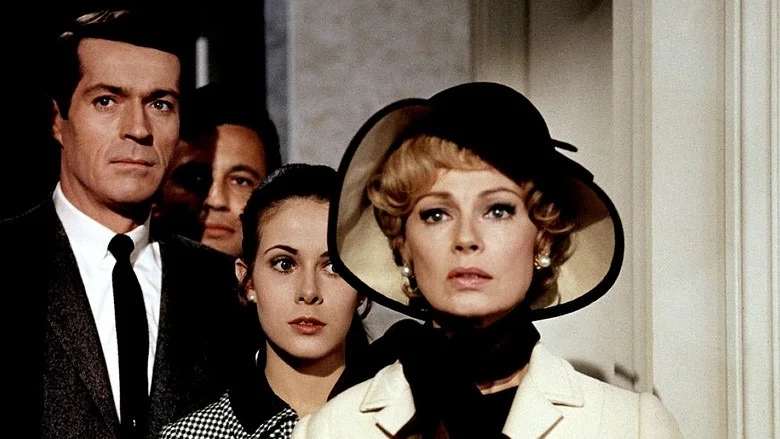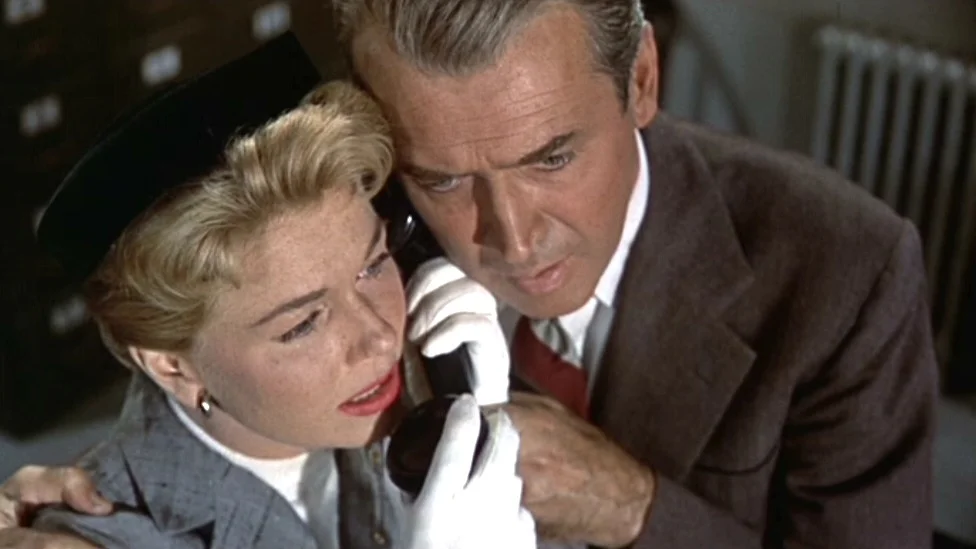Beginner’s Guide to Alfred Hitchcock: I Confess (1953)
Alfred Hitchcock’s relationship with the French New Wave is interesting. This group of directors including Francois Truffaut, Jean Luc Godard, and Claude Chabrol, were the first people to recognize that Alfred Hitchcock had a unique and powerful directorial vision. Prior to that, Hitchcock was seen as a populist, commercial director but one without much merit beyond that. The French New Wave was instrumental in developing the Auteur Theory (coined by American critic Andrew Sarris), and Hitchcock was a major figure in that. The Auteur Theory suggests that each director is the author of his or her film. Many of the directors in the French New Wave began as critics for Cahiers du cinéma, and used the Auteur Theory to differentiate the 'true masters' like Hitchcock and Orson Welles among other from workman directors.
According to Peter Bogdanovich in the DVD making-of doc for the film, the French New Wave members considered I Confess Hitchcock’s masterpiece. In a special issue of Cahiers du cinéma in February of 1955, François Truffaut and Claude Chabrol interviewed Hitchcock; they praised the film's artistry and its lack of compromise, saying it was an "evolution" and very important for them. They asked Hitchcock, "Your ideal film, the one you'd like to project like a painting on the wall, would it be closer to I Confess or to The Lady Vanishes?" Hitchcock responded, "Oh, to I Confess."
I Confess stars Montgomery Clift as Father Michael Logan, who hears the confession of Otto Keller (O.E. Hasse) for the (accidental) murder of a lawyer in the town named Villette during a robbery. Keller tells his wife about the murder but informs her that his secret is safe with Father Logan—priests cannot disclose anything told in confession. Keller had been wearing a priest’s cassock, which leads Inspector Larrue (Karl Malden) to consider Father Logan a suspect. And his suspicions are further raised when he learns of Father Logan’s connection with Villette and the wife of a Quebec legislator Ruth Grandfort (Anne Baxter).
Upon rewatching the film, I tried to understand how I Confess would appeal to the French New Wave filmmakers. Granted I’m not expert on the film movement. I Confess is your standard Hitchcock wrong man thriller but stripped down to its most expressive, tender, and emotional elements. The close-ups in the film are striking and reveal the crises beneath its characters. Hitchcock would later go on to say that the film’s somber tone is a weakness of the film, but the tone suits the oppressive nature of Father Logan’s predicament. Hitchcock’s usual ironic and winking filmmaking would seem out of place for such a heavy story, and would have clashed with Montgomery Clift and Anne Baxter’s performances. They both offer subtle, heartrending performances in this quiet film (though I’m sure Montgomery Clift’s method acting made Hitchcock impatient).
Hitchcock gives us a number of memorable shots and moments that pure Hitchcock. One is the shot of Father Logan with the crucifix behind him. Then there is the expressionistic flashback that shows the history between Father Logan and Ruth. Hitchcock stages a scene at a breakfast table between Alma, Keller, and Father Logan that features breathless suspense. Otto Keller is an interesting Hitchcock villain. At first, he is portrayed as naïve and acting in good faith. But later he reveals to be framing the priest maliciously and selfishly. I Confess also has the police on the wrong trail, taking a long time to guess who the murder is. The Hitchcockian hatred of the police isn’t as pronounced as it would be in the other films but the theme is there.
Alfred Hitchcock later said that while Catholics understand Father Logan’s dilemma, people of other faiths find it hard to believe. This is probably true because Father Logan is really frustrating to me as a Hindu. However I do find I Confess to be a hidden gem especially because of that tension. Unlike most of Hitchcock’s 'wrong men', Father Logan has a direct way to clear his name, but refuses to use it because of his promises to God. It’s a fascinating morality play about a man’s struggle between his own interests and his religious obligations. I Confess is considered a classic by many Hitchcock fans, including the French New Wave. I myself think the film is worth seeking out for its direction, themes, and performances.



































